Changing technology enables remote supervision of assistant practitioners working on NHS breast screening mobile vans
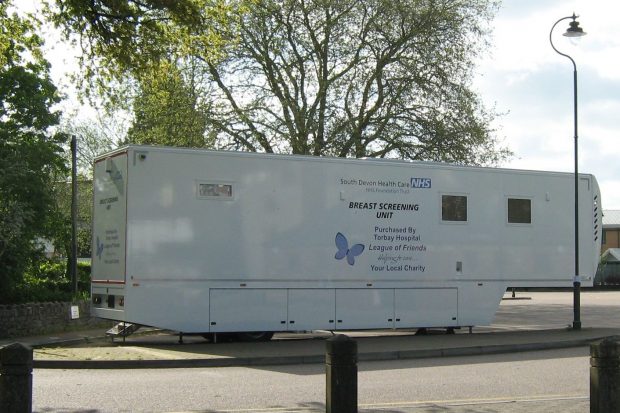
Remote supervision of assistant practitioners could help to increase recruitment.
Jacquie Jenkins has worked in breast screening since 1996 gaining vast experience of the programme working in several senior regional roles within the quality assurance service. She particularly has an interest in data and screening performance and has worked to develop methods to analyse individual performance for dissemination to professionals within the programme.
She is now the PHE national breast screening programme manager, leading on the operational management of the breast screening programme (NHSBSP). Her first degree in Social Policy and Administration and post-graduate qualifications in research methods are useful in key components of the role which include leading on the revision of Programme Standards and having oversight of projects that contribute to the quality improvement and effective delivery of the Programme.
Jacquie worked in banking and taught classical guitar prior to working in the NHSBSP.

Remote supervision of assistant practitioners could help to increase recruitment.
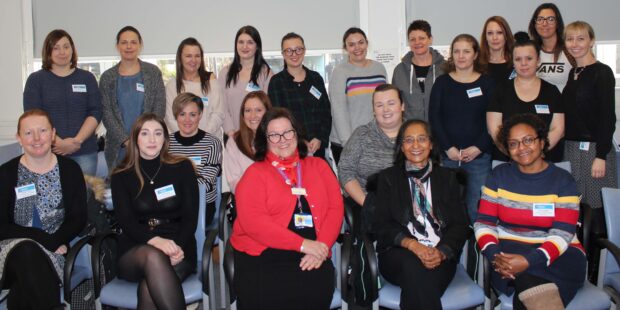
A brand new mammography apprenticeship, the first of its kind in the country, has launched in London to help address a breast screening workforce shortage.
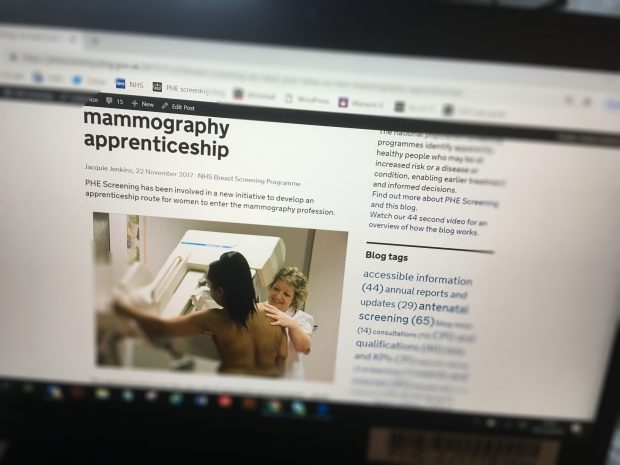
A new mammography associate apprenticeship has been set up to support breast screening delivery in England.
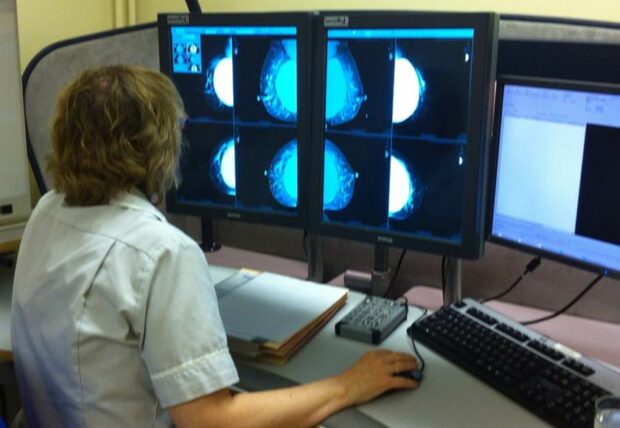
Today we publish new guidance for staff involved in organising and leading local breast screening services.
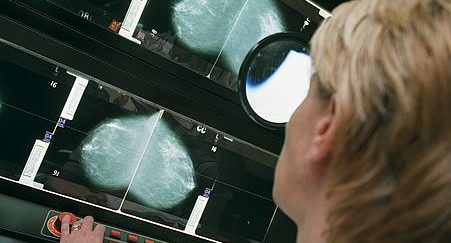
NHS Digital has published its latest annual report of breast cancer screening performance in England, covering the year 1 April 2016 to 31 March 2017. During those 12 months, we invited just under 3 million women for screening and screened 2.2 million, an increase of 1.3% on the previous year.
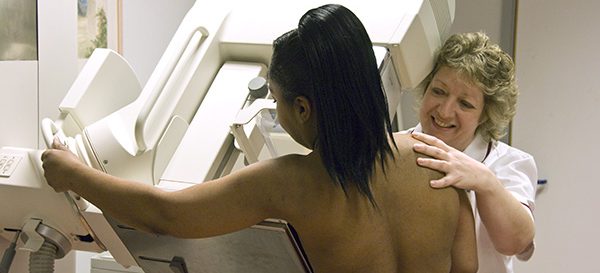
...may need to be a repeat examination or a recall to a second appointment for technical reasons to obtain an image of appropriate quality. Technical recall and repeat examinations The...
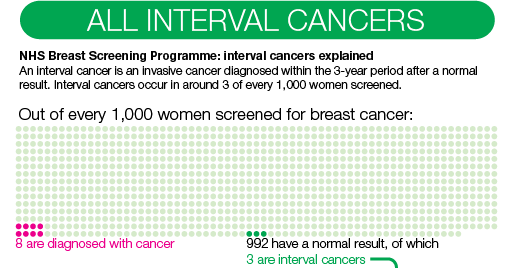
The newly published ‘Breast screening: interval cancers and duty of candour toolkit’ advises health professionals on how to communicate information on interval cancers to women who were previously screened in the programme.
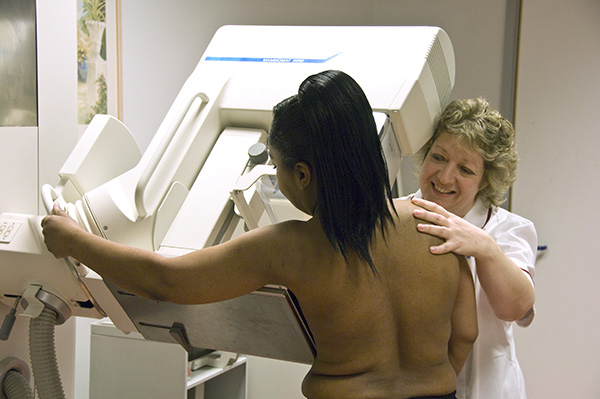
PHE is involved in an initiative to develop an apprenticeship for the new role of ‘associate mammographer’, which we hope will encourage many to enter the profession and address the national shortage of mammographers.
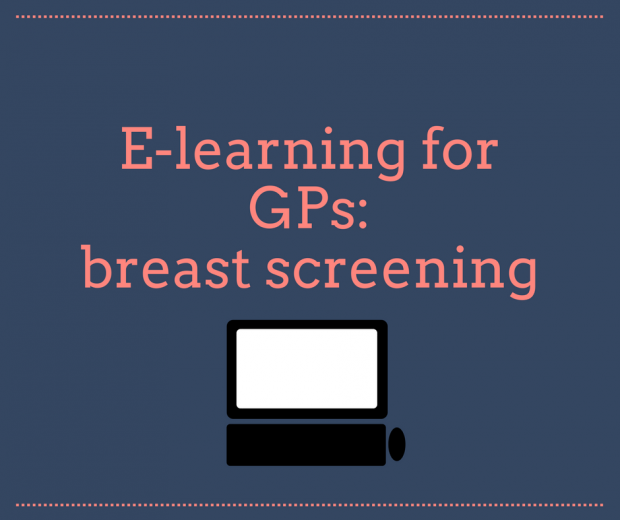
In our quest to provide free, high quality, easy to access training for those informing women about breast screening, we often collaborate with other organisations. This makes sure we can...

The NHS Breast Screening Programme has produced new guidance on the reporting, classification and monitoring of interval cancers. These are cancers diagnosed after a screening appointment at which a woman received a normal result and before her next scheduled screening appointment.
Public Health England (PHE) existed to protect and improve the nation’s health and wellbeing, and reduce health inequalities. It closed on 30 September 2021 and this blog is no longer updated.
Find out more about the implications for health screening in our Changes ahead for the national screening system blog article.
If you want to stay in touch with screening evidence and policy news, you can subscribe to the UK National Screening Committee blog.